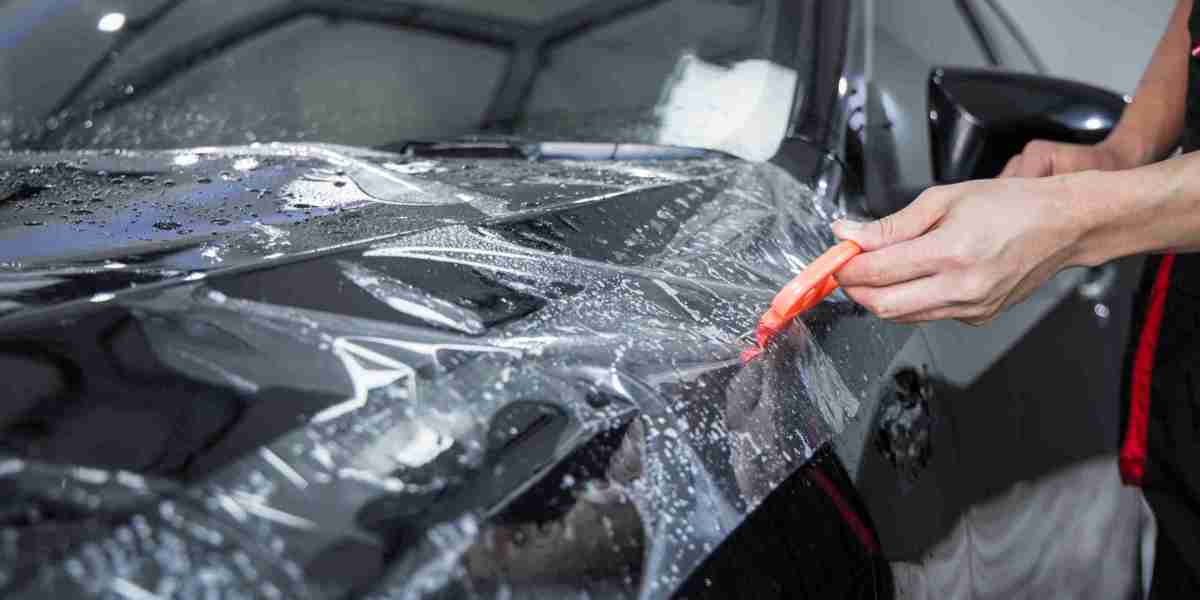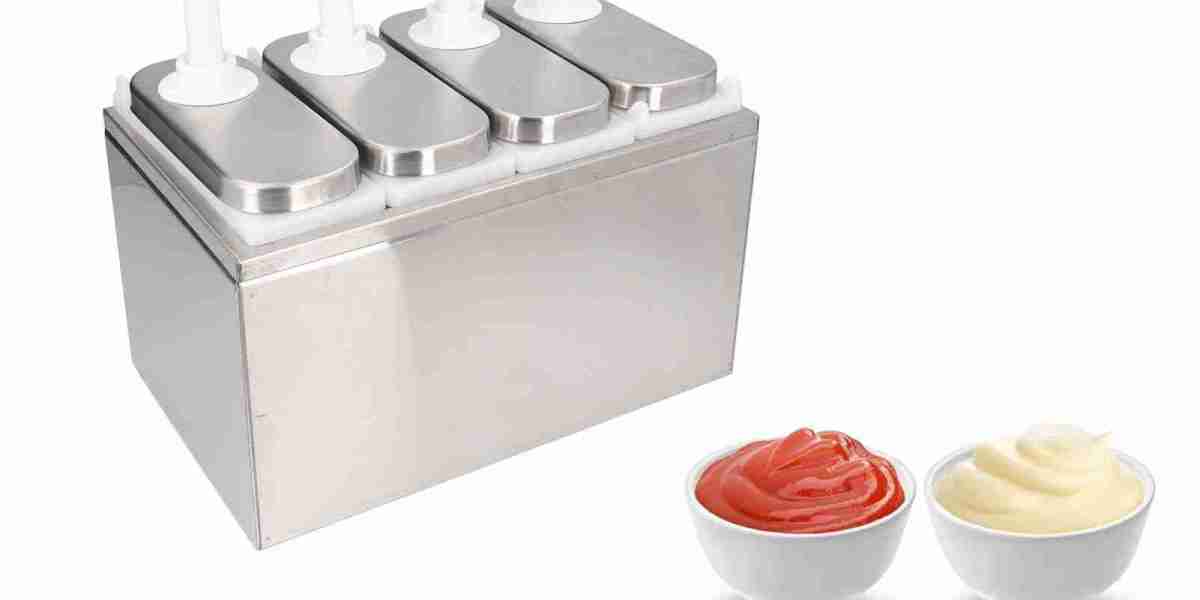Introduction
The automotive wrap films market has evolved significantly over the past few years, driven by demand for vehicle customization, protection, and branding. One of the most exciting areas of innovation within this industry is the development of heat-resistant and UV-proof films. These technological advancements not only enhance the performance of wraps but also extend their lifespan and maintain the visual integrity of the vehicle. In this article, we explore the latest innovations in heat-resistant and UV-proof automotive wrap films, how they benefit consumers and businesses, and their growing importance in a competitive market.
1. The Need for Heat-Resistant and UV-Proof Films
A. Challenges Faced by Traditional Wraps
Traditional vehicle wraps, while offering excellent customization options, have limitations when it comes to durability under extreme conditions. Heat and UV radiation from the sun are two of the most common factors that can cause wraps to fade, crack, or peel over time. This poses a significant challenge, especially for vehicles exposed to harsh climates, where prolonged sun exposure and high temperatures can accelerate the wear and tear of wrap films.
Heat Damage: High temperatures, particularly in regions with hot climates, can cause wrap films to soften, bubble, or lose their adhesion to the vehicle surface.
UV Degradation: UV rays cause the pigments and adhesive materials in the wrap to break down, leading to color fading and reduced performance.
As consumer expectations for vehicle wraps grow, there has been a pressing need for advanced materials that can withstand these elements and maintain their visual appeal for longer periods.
2. Heat-Resistant Film Technology
Heat-resistant automotive wraps have become a game-changer in the industry, especially for vehicles in areas with extreme temperatures. These wraps are designed to resist the damaging effects of high temperatures, ensuring the wrap remains intact and vibrant over time. Innovations in heat-resistant film technology are addressing several challenges:
Enhanced Adhesion: Heat-resistant films are formulated with advanced adhesives that bond securely to the vehicle’s surface, even under high heat conditions. This ensures the wrap stays in place and does not lift or peel due to temperature fluctuations.
Improved Durability: The latest heat-resistant films use specialized polymers and coatings that help them resist the damaging effects of heat. These films maintain their structural integrity when exposed to hot surfaces or intense sun exposure, providing long-lasting protection.
Heat Dissipation: Some innovative films are designed to reflect heat or dissipate it more effectively, reducing the heat buildup on the vehicle’s surface. This helps to prevent the wrap from becoming overheated, ensuring it remains in optimal condition.
For consumers and businesses in hot climates, such as those in the Middle East, Southern United States, and parts of Australia, heat-resistant films offer a critical solution that ensures vehicle wraps maintain their aesthetic appeal, protection, and branding impact even in the harshest temperatures.
3. UV-Proof Film Technology
UV radiation is another significant challenge for traditional wrap films. Over time, exposure to ultraviolet (UV) light can cause the color of the wrap to fade, making the vehicle look worn and unappealing. This is particularly concerning for commercial vehicles that rely on wraps for advertising or branding. Fortunately, recent innovations in UV-proof film technology have addressed this issue:
UV-Resistant Inks and Coatings: Modern wrap films incorporate UV-resistant inks and coatings that help protect the color and finish of the wrap from the harmful effects of UV rays. These coatings form a barrier that absorbs or reflects UV radiation, preventing it from breaking down the wrap’s pigments.
Longer Color Retention: UV-proof films are designed to maintain their vibrant colors for extended periods, even when exposed to direct sunlight. This is especially beneficial for consumers who want their vehicle wraps to retain their original appearance for years, and for businesses that want their advertising on the move to stay fresh and impactful.
Reduced Fading: Unlike older wraps that may fade quickly in sunny climates, UV-proof films maintain their luster and appearance, providing a longer-lasting solution for vehicle owners who want to protect their investment.
For both individual consumers and business owners investing in vehicle wraps, the advent of UV-proof films has resulted in a cost-effective solution to reduce the need for frequent replacements and to maintain the wrap’s effectiveness over time.
4. Benefits of Heat-Resistant and UV-Proof Films
The integration of heat-resistant and UV-proof technologies in automotive wraps offers several benefits to both consumers and businesses:
A. Enhanced Durability and Longevity
Heat-resistant and UV-proof films significantly extend the lifespan of a vehicle wrap, allowing it to withstand the elements better than traditional wraps. With proper installation, these wraps can last for years without significant fading, peeling, or damage.
B. Cost-Effectiveness
While premium wraps with heat-resistant and UV-proof properties may have a higher initial cost, they save consumers and businesses money in the long run. The reduced frequency of replacements and maintenance associated with these advanced films translates to a better return on investment, particularly for fleet vehicles that require long-term branding solutions.
C. Better Appearance and Protection
For vehicle owners who use wraps as a protective layer for their car’s original paint, these films offer an added level of protection against the damaging effects of heat and UV rays. The wraps act as a shield, preventing sun damage, scratches, and other environmental factors from affecting the vehicle’s surface.
D. Ideal for Commercial Applications
For businesses that rely on vehicle wraps for advertising and branding, heat-resistant and UV-proof films ensure that their wraps remain vibrant and attractive for longer periods, increasing the effectiveness of their marketing campaigns and reducing the costs associated with frequently updating their vehicle fleet.
5. Key Players Leading Innovation in Heat-Resistant and UV-Proof Films
Several companies are at the forefront of developing innovative heat-resistant and UV-proof films in the automotive wrap industry. Key players include:
3M: A leader in the automotive wrap industry, 3M offers a range of wraps with advanced UV protection and heat resistance. Their 3M™ Scotchprint® Wrap Film Series includes several products designed to withstand harsh climates and prolonged sun exposure.
Avery Dennison: Avery Dennison’s automotive wraps are renowned for their durability and resistance to UV damage and heat. Their films use cutting-edge technologies to ensure long-lasting color retention and performance, even in challenging weather conditions.
Orafol: Known for its innovative wrap solutions, Orafol provides high-performance vinyl films that combine UV resistance and heat tolerance, making them ideal for long-term vehicle branding and custom wraps.
Hexis: Another significant player in the market, Hexis manufactures heat-resistant and UV-proof films that are designed for both aesthetic and protective purposes, helping vehicles maintain their look and value over time.
6. Conclusion
Innovations in heat-resistant and UV-proof automotive wrap films are revolutionizing the industry by offering improved performance, enhanced durability, and longer-lasting aesthetic appeal for vehicles. These advancements provide significant benefits for individual consumers looking to protect their investment, as well as for businesses seeking effective, cost-efficient branding solutions for their fleets.
As the demand for high-performance wraps continues to grow, it is clear that heat-resistant and UV-proof technologies will play a central role in shaping the future of the automotive wrap films market. With increased durability, visual integrity, and protection, these innovative wraps are setting a new standard for the industry, ensuring that vehicles stay vibrant and protected for years to come.




